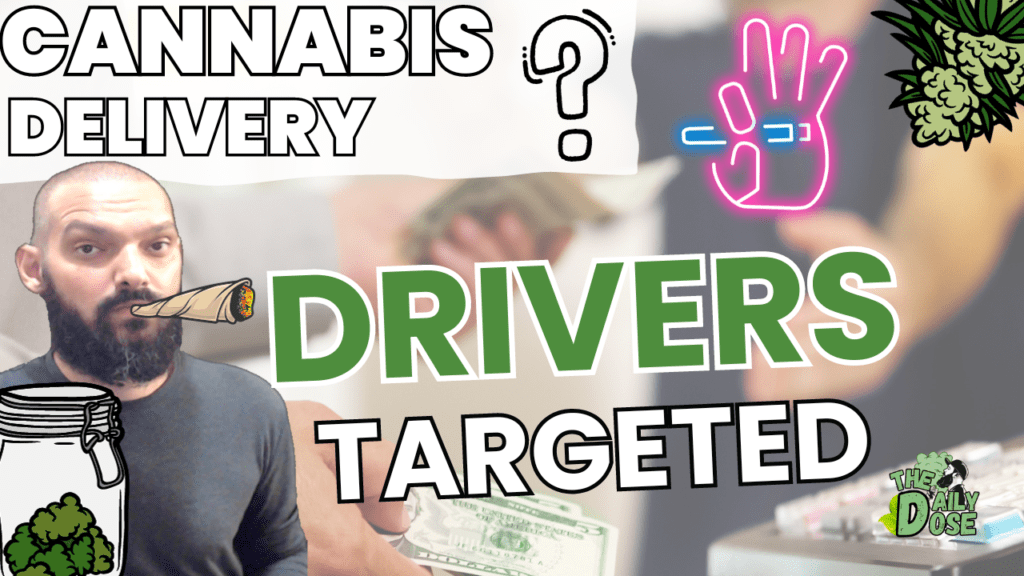Checkout the full audio episode here The Daily Dose Podcast
Cannabis For Pain How It Can Help You Now
How People Use Pot For Pain
In this episode I pull data from the NIH National Institute of Health regarding the research conducted on multiple case study’s surrounding patients with pain management issues, I struggle through the data as some words are difficult to pronounce but I got through it some how.
The info suggests there’s more to it than a yes or a no and in my experience I have seen both sides of the story. People use cannabis for all sorts of reasons from medical applications to just recreation. To better understand the details we have to consider some of the medicinal facts and the anecdotal information provided by self reported cases over the course of many decades.
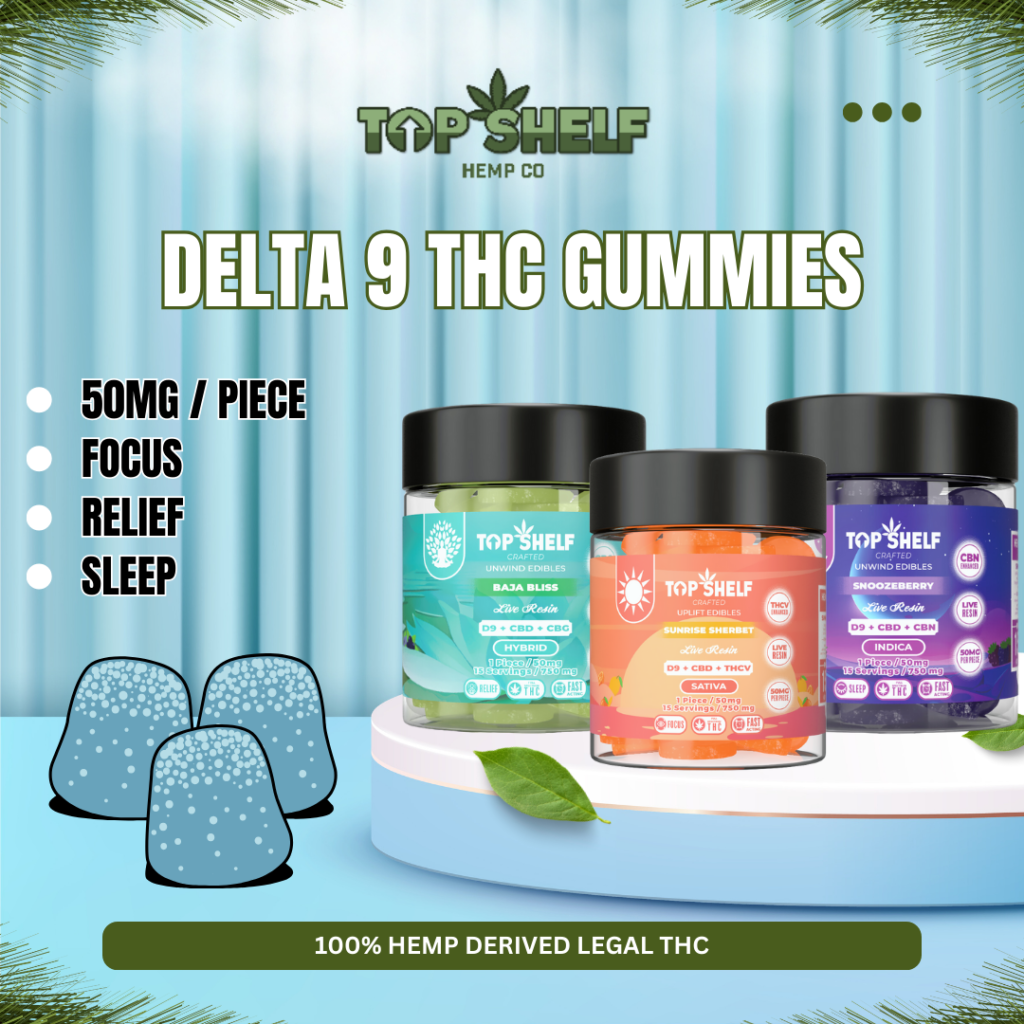
Here’s a list of different uses
- Stress
- Anxiety
- Sleep
- Chronic Pain
- Menstrual Pain
We’ve heard for years how people use cannabis for relief, it improves the quality of life for those who use it. The data still suggests there isn’t enough information to make the claim though. If you have any stories to share on how you use cannabis for pain be sure to leave them down below.
Cannabis has been increasingly recognized for its potential in pain management, a critical area of medical treatment where traditional medications sometimes fall short or have significant side effects.
The use of cannabis for relief revolves around its chemical compounds, primarily cannabinoids like THC (tetrahydrocannabinol) and CBD (cannabidiol), which interact with the body’s endocannabinoid system. Here’s a closer look at how cannabis can help people with pain:
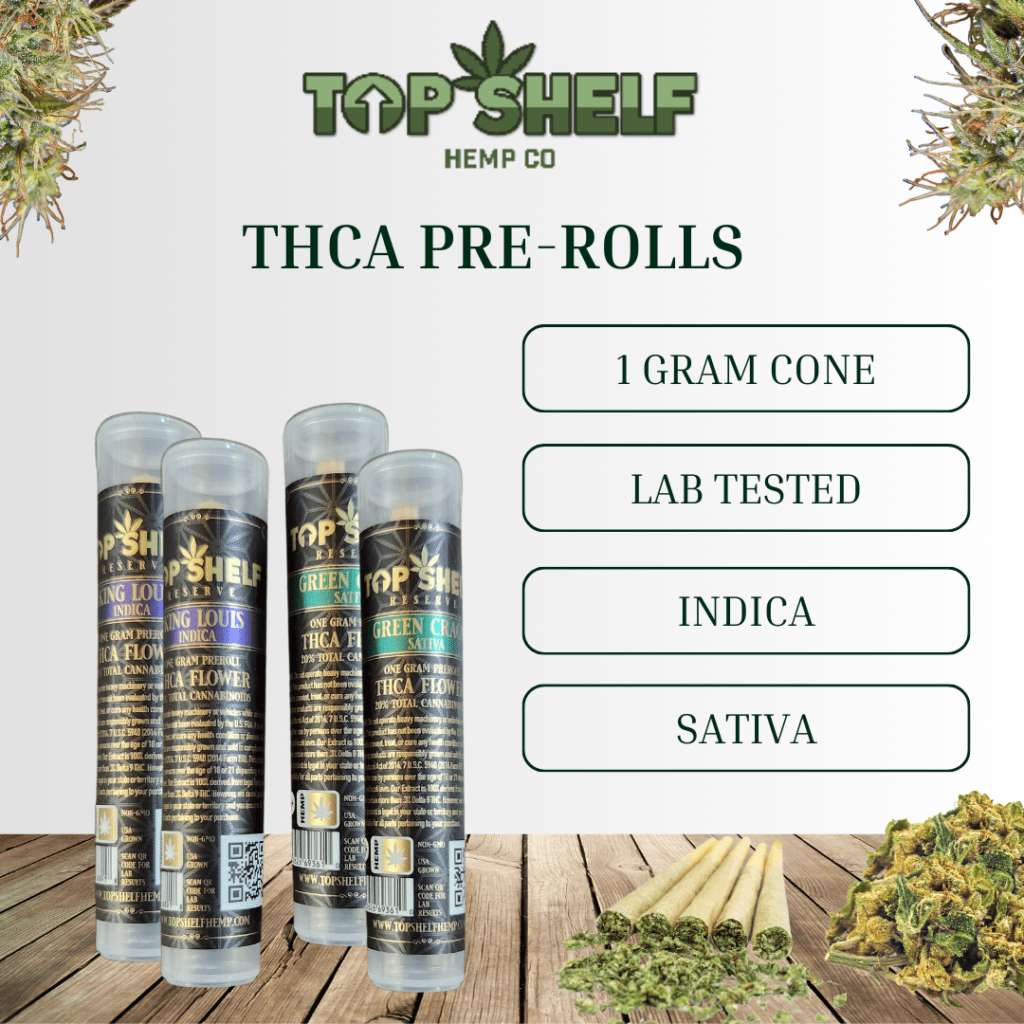
Mechanisms of Pain Relief
- Interaction with the Endocannabinoid System: The human body has an endocannabinoid system (ECS), which plays a role in regulating pain, mood, appetite, and memory. Cannabinoids from cannabis interact with this system, specifically with receptors CB1 and CB2. This interaction can help modulate pain and reduce discomfort.
- THC and Pain: THC is known for its psychoactive effects, but it also has pain-relieving properties. It binds to cannabinoid receptors in the brain and can alter the perception of pain. THC may also help in reducing inflammation, which is often a contributor to pain.
- CBD and Pain: CBD, unlike THC, doesn’t produce a “high.” It’s believed to help with pain through its anti-inflammatory properties and its ability to influence serotonin receptors, which can play a role in pain regulation.

Types of Pain Treated
- Chronic Pain: Cannabis is often used to treat chronic pain conditions such as arthritis, fibromyalgia, and neuropathic pain. It can be particularly useful for patients who have not found relief with traditional painkillers.
- Neuropathic Pain: This type of pain, caused by nerve damage, can be particularly challenging to treat. Cannabis has shown promise in reducing neuropathic pain.
- Cancer-Related Pain: Cannabis can be effective in managing pain associated with cancer and the side effects of cancer treatments like chemotherapy.
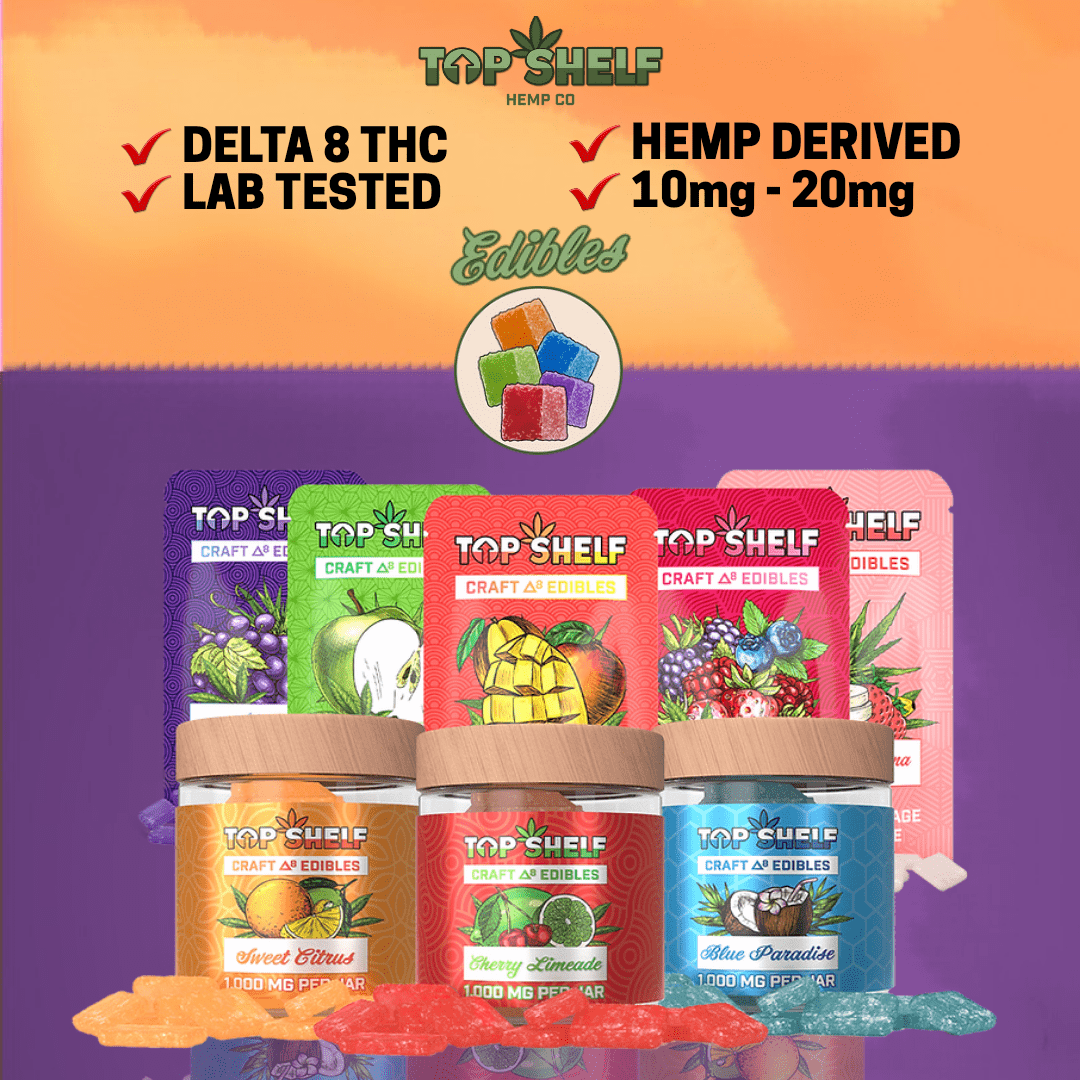
Benefits Over Traditional Painkillers
- Fewer Side Effects: Many patients turn to cannabis as an alternative to opioids and other pain medications, which can have serious side effects and a risk of addiction.
- Improving Quality of Life: Beyond pain relief, cannabis might help improve sleep and reduce anxiety, contributing to an overall better quality of life for those with chronic pain conditions.
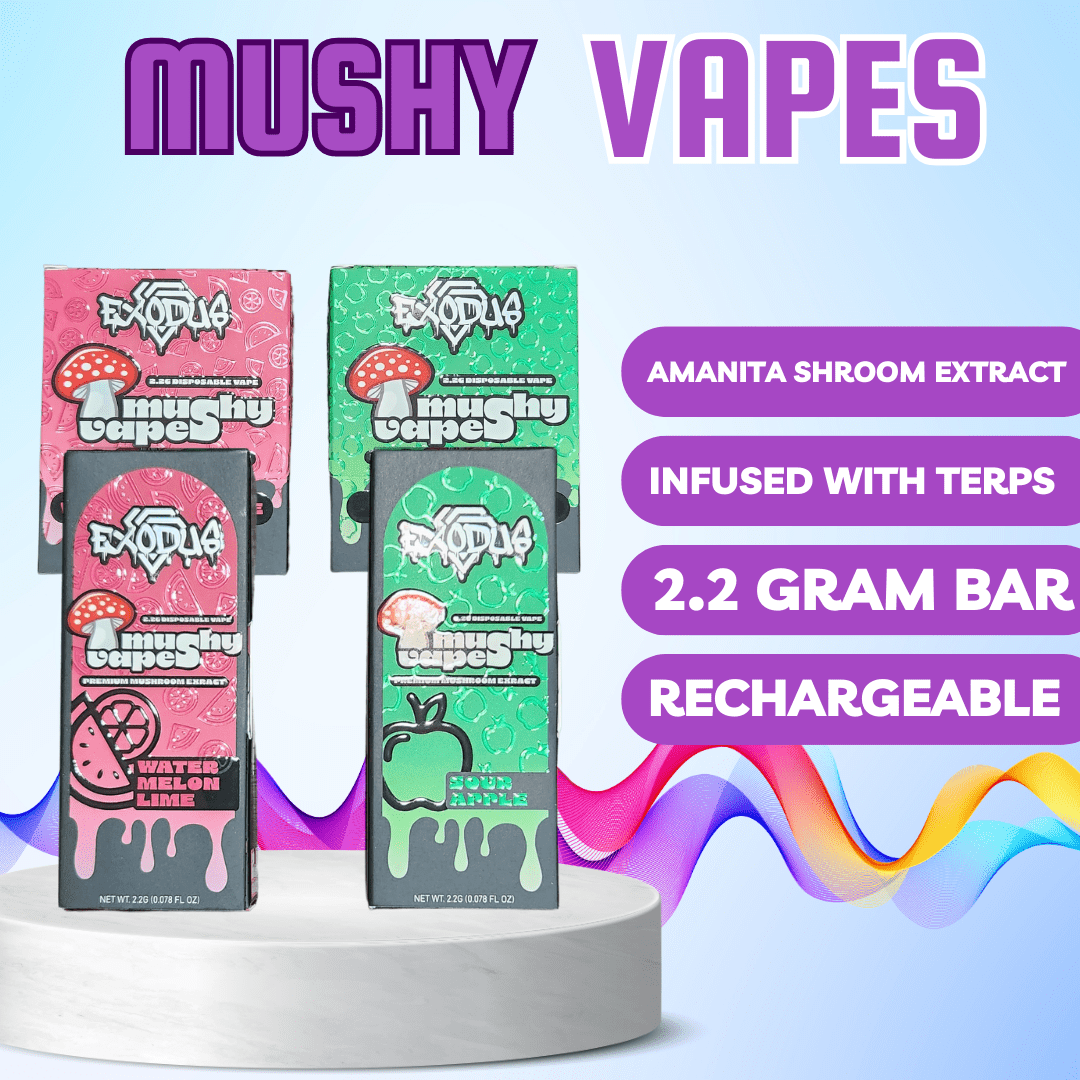
Administration and Dosage
- Various Forms: Cannabis can be consumed in several ways, including smoking, vaporizing, edibles, oils, and topical applications. The choice depends on personal
preferences, the specific pain condition, and the desired onset and duration of relief.
- Dosage Control: Finding the right dosage is crucial and can vary widely among individuals. It often involves a process of trial and error under medical supervision. Lower doses are typically recommended to start, gradually increasing until effective pain relief is achieved.

Considerations and Risks
- Legal Status: The legal status of cannabis varies by region, which can affect access and use for pain management.
- Side Effects: While generally considered to have fewer side effects than many traditional pain medications, cannabis can cause dizziness, dry mouth, short-term memory loss, and in some cases, anxiety or paranoia, particularly at higher doses.
- Interaction with Other Medications: Cannabis can interact with other medications, so it’s important for users to consult with healthcare professionals to avoid adverse interactions.
- Long-Term Effects: Research on the long-term effects of cannabis use, particularly with high-THC strains, is ongoing. There are concerns about potential impacts on mental health, cognitive functions, and physical health with prolonged use.

Research and Evolving Perspectives
- Ongoing Research: The body of research on marijuana for pain management is growing, providing a better understanding of its efficacy and optimal use.
- Changing Attitudes: As research expands and public attitudes shift, more people are considering cannabis as a viable option for pain management.
- Medical Guidance: For those considering pot for pain relief, it is essential to do so under the guidance of a healthcare professional who can provide personalized advice based on the individual’s health history and the specifics of their pain condition.
Conclusion
Cannabis offers a promising alternative for people struggling with various types of pain, especially those who have not found relief through conventional treatments. Its efficacy is rooted in its interaction with the body’s endocannabinoid system and its ability to modulate pain perception.
However, it’s important to approach its use responsibly, considering legal, health, and personal factors. As research continues to evolve, the role of cannabis in pain management is likely to become more defined and integrated into broader medical practices.
FAQs
Is cannabis effective for all types of pain?
Can cannabis replace my current pain medication?
What are the risks of using cannabis?
How do I determine the right dosage of cannabis for relief?
Related Articles:
- Pain Relief Supplements The Ongoing Debate
- The Future of Pain Management
- THC Edibles Myths And Facts A Simple Guide
- THC Overdose Why Are People Getting Ill
- Pain Relief Supplements The Ongoing Debate
Meet The Author



